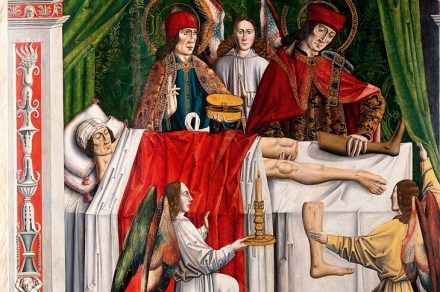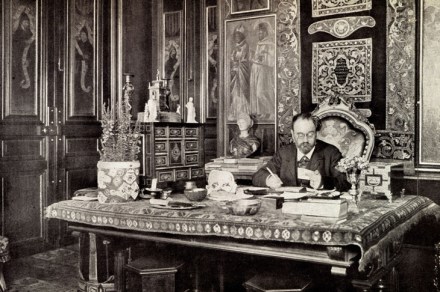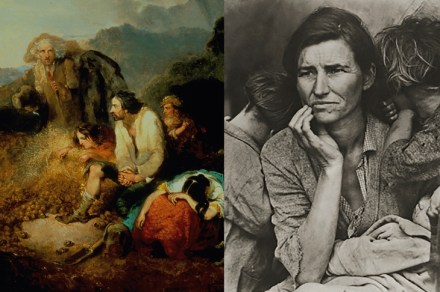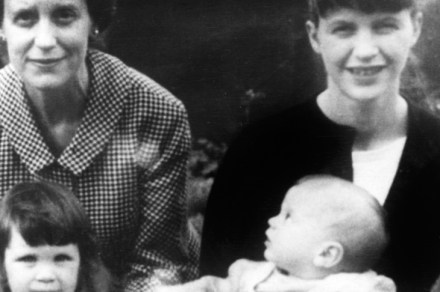A year full of birds
Deborah Levy draws her epigraph for The Cost of Living from Marguerite Duras’s Practicalities: ‘You’re always more unreal to yourself than other people are.’ Practicalities (1987) is a series of interviews Duras gave to a young friend with all the questions left out and the interview format effaced. Levy’s book is, similarly, one side of an intense conversation about life, love, power, home-making and writing. Her interlocutors, many of them dead but still living through their words and work, include Simone de Beauvoir, Louise Bourgeois, Emily Dickinson, Barbara Hepworth and Elena Ferrante. Levy is a playwright and novelist whose Swimming Home (2012) and Hot Milk (2016) were shortlisted for the





















